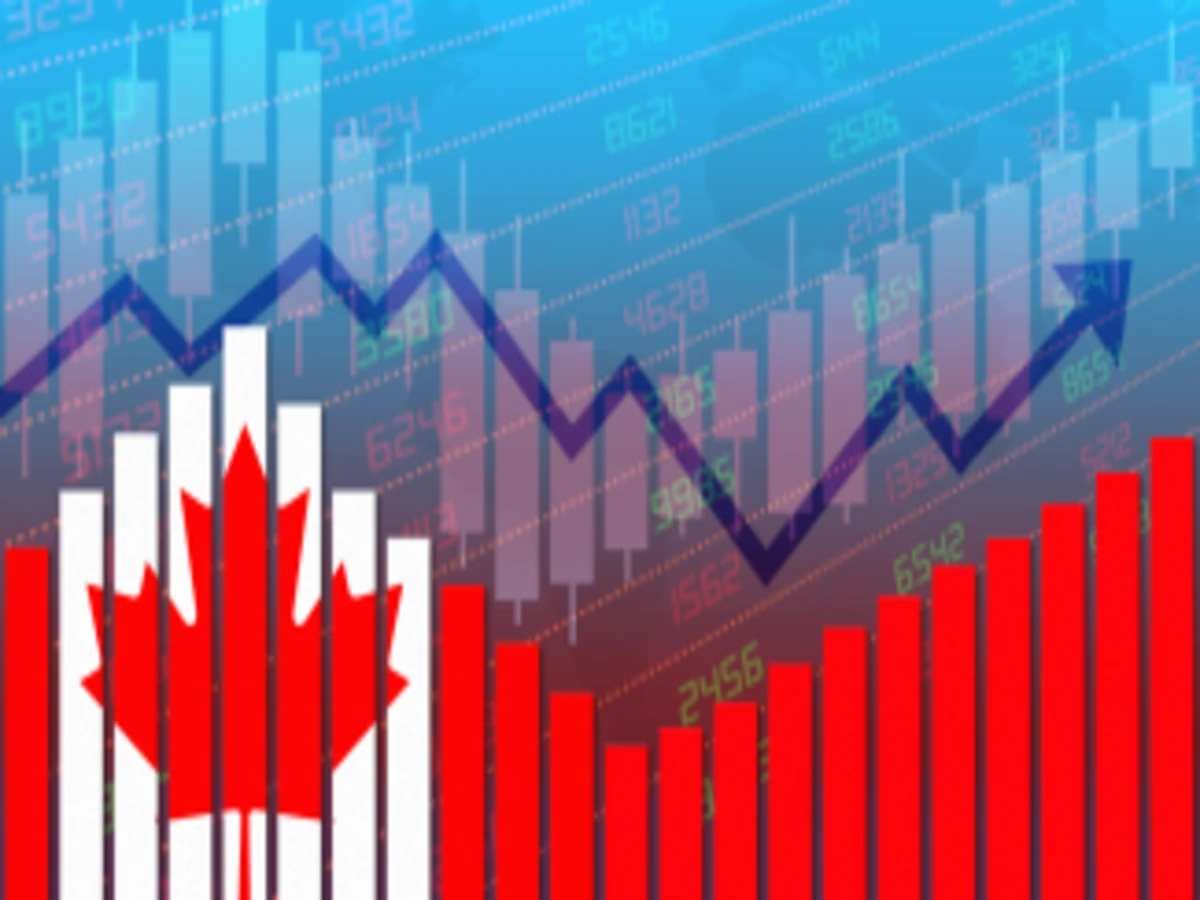The News
Canada is at a major economic and political turning point. The federal carbon tax has risen sharply since 2019 and is set to keep increasing, sparking heated political debates. At the same time, Canada’s rapid population growth, fueled by immigration, is adding pressure to housing and public services — leading the government to announce major cuts in migrant intake. With elections likely by May, the political and economic landscape is highly uncertain.
Why It Matters
- Impact on Money:
Rising carbon taxes could continue to push up energy prices. Changes in immigration policy may also slow economic growth and impact the housing market. - Impact on Opportunities:
Businesses may face disruptions in planning and hiring. Economic uncertainty could create both risks and chances in industries like real estate, energy, and trade.
MoniTip
- Keep an eye on Canada’s political developments if you’re involved in sectors like real estate, energy, or cross-border trade.
- If you’re considering moving to Canada for work or business, stay updated — immigration rules may tighten further.
Quick Facts
- Carbon tax quadrupled since 2019; set to rise till 2030.
- Canada’s population grew by 3.2% between 2023–2024 — fastest since 1950s.
- National elections may happen as early as May 2025.
- Public sentiment is shifting on issues like immigration and energy costs.









